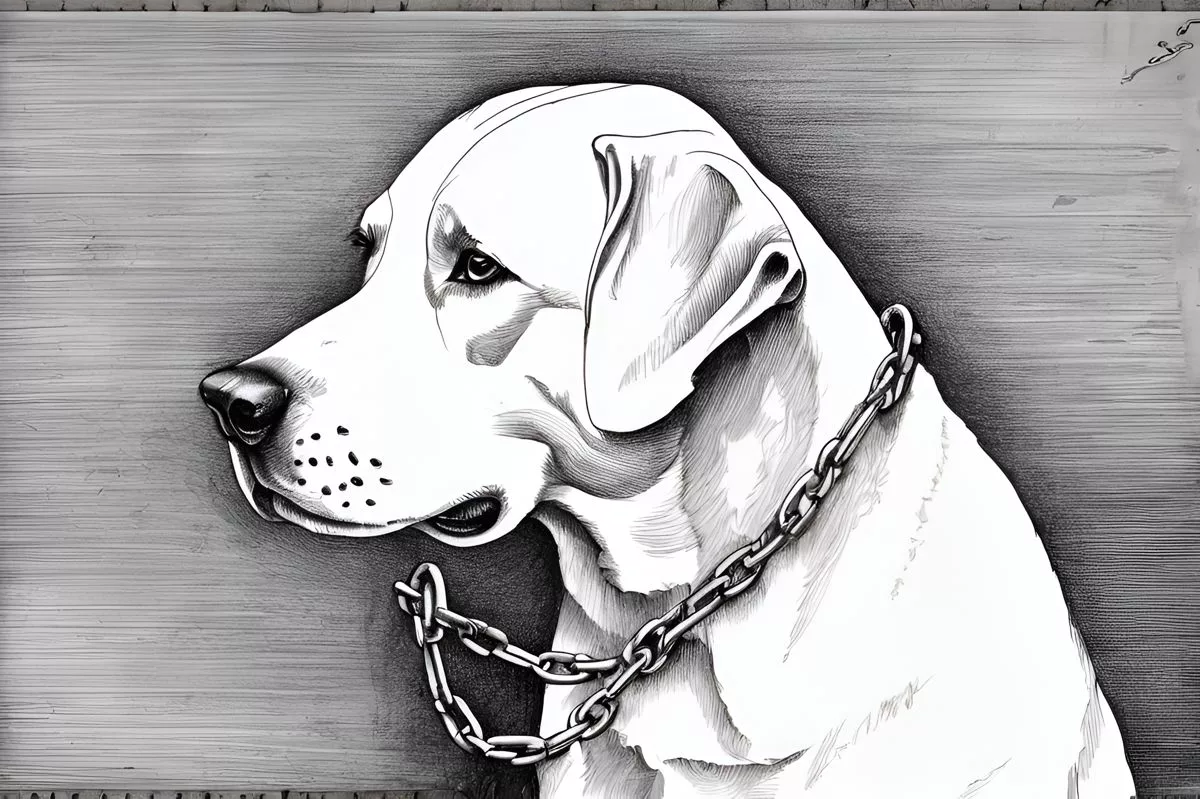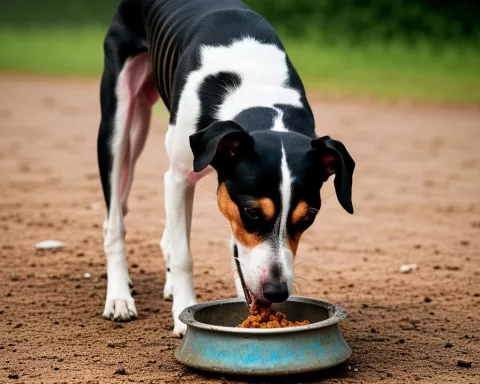South Korea has made history by abolishing the dog meat trade, with a new law mandating that selling dog meat for human consumption and slaughtering dogs will be outlawed by 2027. Animal welfare groups are celebrating this significant advancement towards a more empathetic treatment of dogs, while proponents of the trade face challenges as they see their means of income jeopardized. The move away from dog meat consumption reflects South Korea’s evolving societal mindset, acting as a potent reminder that even the most unusual food habits can undergo significant change in the face of moral development.
A Historic Shift: South Korea Abolishes the Dog Meat Trade
South Korea has announced the cessation of its contentious dog meat trade, with a new law mandating that selling dog meat for human consumption and slaughtering these cherished pets will be outlawed by 2027. Animal welfare groups celebrate this significant advancement towards a more empathetic treatment of dogs, while proponents of the trade face challenges as they see their means of income jeopardized. The move away from dog meat consumption reflects South Korea’s evolving societal mindset, acting as a potent reminder that even the most unusual food habits can undergo significant change in the face of moral development.
In a momentous departure from deeply-rooted customs, South Korea has definitively announced the cessation of its contentious dog meat trade. A pivotal new law, recently approved, mandates that by 2027, selling dog meat for human consumption and slaughtering these cherished pets, will be outlawed. This extraordinary progression signifies the initiation of a paradigm shift – a time when man’s best friend will no longer face the risk of becoming food.
A Joyous Moment for Animal Advocates
This much-awaited victory has been met with exuberant celebration among animal welfare groups throughout South Korea. This fundamental policy change is perceived as a significant advancement towards a more empathetic treatment of our four-legged friends. Scenes of jubilation reminiscent of a grand canine festivity have broken out across the nation. It is a legislative triumph that speaks volumes about the relentless efforts of animal rights activists, who now have the opportunity to revel in the realization of their hard-fought cause.
However, such a groundbreaking shift is not devoid of contention. Tensions are mounting among proponents of the dog meat trade, particularly among dog meat farmers and vendors who see their means of income jeopardized by this policy upheaval. The effects are deeply felt, casting a gloomy veil over a trade that was once prosperous. Challenges such as these highlight the intricacy of the issue and the vast array of perspectives that surround it.
Fluctuating Consumption Trends
Once classified as the fourth most consumed meat in South Korea, the demand for dog meat has witnessed a sharp downturn. As societal preferences evolve alongside a heightened consciousness of animal rights, the appetite for dog meat has drastically contracted. The substantial alteration in consumption habits implies that dogs, in the meat marketplace, are reasserting their true role as treasured pets rather than edible delicacies.
The issue incites a societal divide, stirring up a whirlwind of contrasting opinions. The ensuing tension is a cultural stalemate – a conflict between traditional practices embedded in society and emerging ethical perspectives championing animal welfare. The move away from dog meat consumption reflects South Korea’s evolving societal mindset, acting as a potent reminder that even the most unusual food habits can undergo significant change in the face of moral development.
A Landmark Transformation
This departure from the dog meat industry signifies an important shift in South Korea’s cultural and gastronomic identity. As this contentious chapter in the nation’s history closes, a future where pet owners can breathe a sigh of relief is in sight; their loved pets are safe from becoming a menu item. South Korea is stepping confidently into a new era – one that advocates for canine treats rather than treating them as meat.
This compelling narrative highlights an extraordinary transformation that resonates beyond South Korea’s geographical boundaries, broadcasting a strong global message about the possibilities of change, compassion, and progression. The journey has not been straightforward, but this vital step is a monumental stride towards a more ethical and humane treatment of animals. This narrative serves as a powerful testament to the potential for societal change when ethics and compassion are brought to the fore.
What is the new law regarding the dog meat trade in South Korea?
The new law in South Korea mandates that selling dog meat for human consumption and slaughtering dogs will be outlawed by 2027.
How are animal welfare groups reacting to this new law?
Animal welfare groups are celebrating this significant advancement towards a more empathetic treatment of dogs.
Who is facing challenges with the cessation of the dog meat trade?
Proponents of the dog meat trade, particularly among dog meat farmers and vendors, are facing challenges as they see their means of income jeopardized by this policy upheaval.
Has the demand for dog meat in South Korea increased or decreased over time?
The demand for dog meat has witnessed a sharp downturn as societal preferences evolve alongside a heightened consciousness of animal rights.
What does the move away from dog meat consumption reflect about South Korea’s societal mindset?
The move away from dog meat consumption reflects South Korea’s evolving societal mindset, acting as a potent reminder that even the most unusual food habits can undergo significant change in the face of moral development.
What does the departure from the dog meat industry signify for South Korea?
The departure from the dog meat industry signifies an important shift in South Korea’s cultural and gastronomic identity, stepping confidently into a new era that advocates for canine treats rather than treating them as meat.












